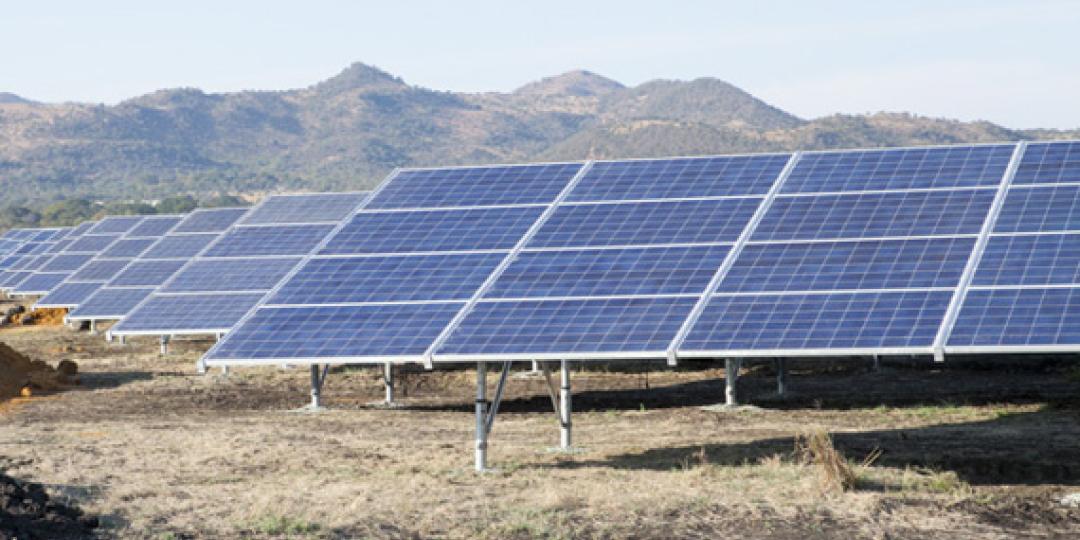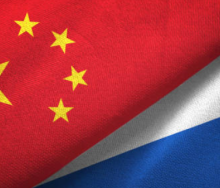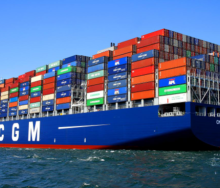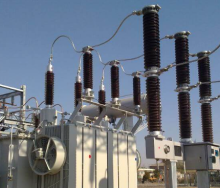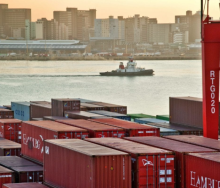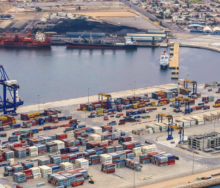South Africa is emerging as a leader in sustainable energy, with robust policies to support energy access, renewables and energy efficiency, according to a new World Bank Report.
The RISE (Regulatory Indicators for Sustainable Energy) report showed that South Africa ranked 40th out of a total of 111 countries graded in three key areas: energy access, energy efficiency and renewable energy.
Government leaders – such as president Jacob Zuma, Minister of Finance,Pravin Gordhan, and Minister of Energy Tina Joemat-Pettersson – have committed to a renewable energy independent power producer procurement programme (REIPPPP) in South Africa. But power utility Eskom has in the past taken a hard line on the signing of power purchase agreements (PPAs) with a number of independent power producers (IPPs).
Eskom interim CEO, Matshele Koko, has refused to sign PPAs with 37 preferred renewable power bidders on the basis that they are “unaffordable”. But his reluctance has been over-ridden by government directives earlier this year.
According to the Department of Energy, the REIPPPP programme has brought in US$14 billion of foreign direct investment.
However, the RISE report pointed out that there was “huge room for improvement” across every region in the world and particularly in sub-Saharan Africa (SSA).
The SSA region is the world’s least electrified continent, where 600 million people still live without electricity. “As many as 40% of Sub-Saharan African countries surveyed in the RISE report have barely taken any of the policy measures needed to accelerate energy access, compared to less than 10% of Asian countries,” said Riccardo Puliti, senior director and head of Energy and Extractives at the World Bank. He added that exceptions included Kenya, Tanzania and Uganda which have strong policy frameworks.
Puliti pointed out that with the plummeting costs of solar panels, there was now an opportunity to bring electricity to customers beyond the reach of utility networks. “But many countries, have done little to create a regulatory environment favourable to accelerate the diffusion of solar home systems,” he said.
